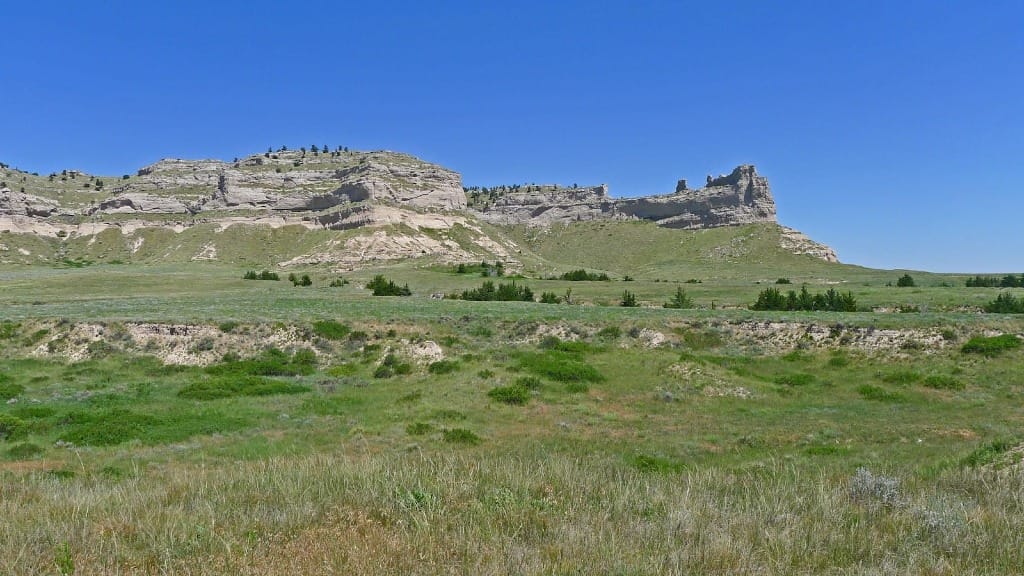
Nebraska
The awards will bring internet access to over 3,000 underserved and unserved addresses in the state.
 Photo of Scotts Bluff, Nebraska by Matthew Harris on July 2018
Photo of Scotts Bluff, Nebraska by Matthew Harris on July 2018
June 10, 2024 – Nebraska announced Tuesday that it is awarding $31 million in broadband infrastructure grants as part of the second round of Capital Project Fund to bring internet access to areas that submitted challenge requests.
The second round of Capital Projects Fund allocations, a $10 billion federal funding program to address challenges laid bare by COVID-19, will fund Internet Service Providers in projects that will expand Internet access in underserved and unserved areas of Nebraska. The Nebraska Public Service Commission received 60 applications for this round and will fund 28. It is anticipated that this initiative will extend high-speed internet access to 1,640 unserved and 1,570 underserved areas in the state.
Some ISPs receiving this round of grant money include Inventive Wireless Nebraska, ALLO, Glenwood Telecommunication Inc., and Great Plains Communications LLC. Recipients will be required to submit reports on their construction projects and finances to ensure the project funds are used effectively to improve broadband infrastructure. Projects funded by this round of money are required to be completed by December 2025.
During the grant review process, the PSC reviewed challenges from parties that claimed that they have already served areas covered by a grant application, or that they plan to in the near future.
In March, the Biden administration allocated $495.5 million from the Broadband, Equity, Access, and Deployment program to enhance high-speed internet access across Nebraska. According to the state, over 96,000 households had already benefited from the now-completed Affordable Connectivity Program which subsidized high-speed internet access for low income families.
In addition to federal funds, Nebraska provides money for various programs that support infrastructure deployment and maintenance of broadband and voice services in rural areas across the state through its state universal service fund, which collects fees from phone users within the state via tax.

